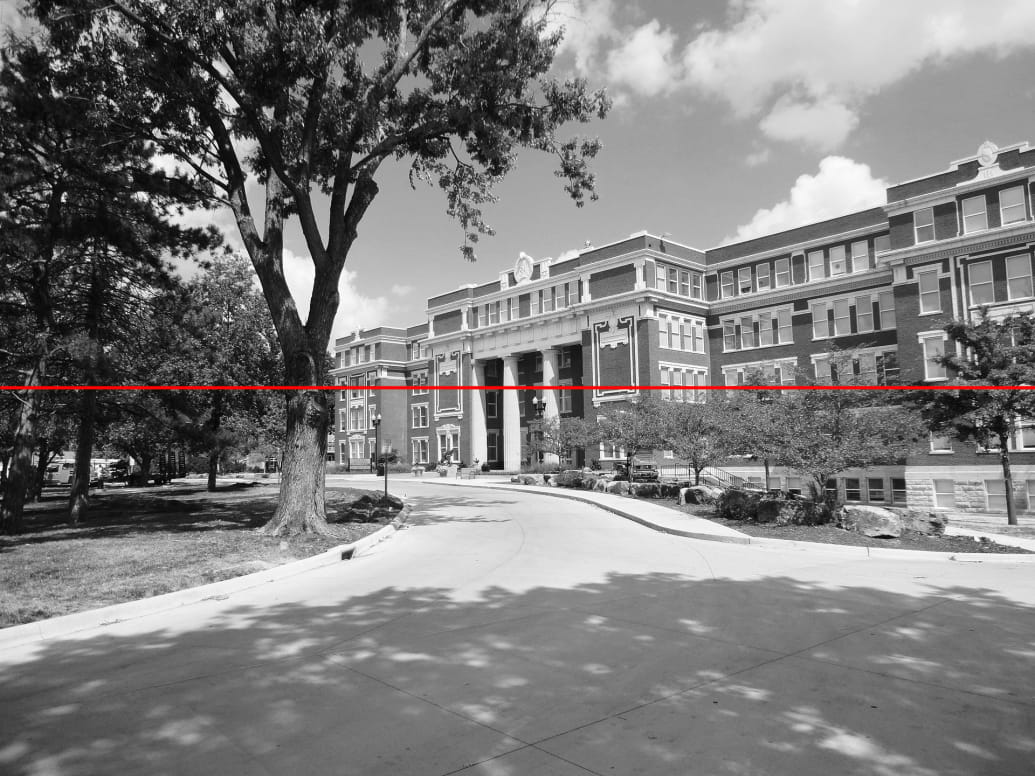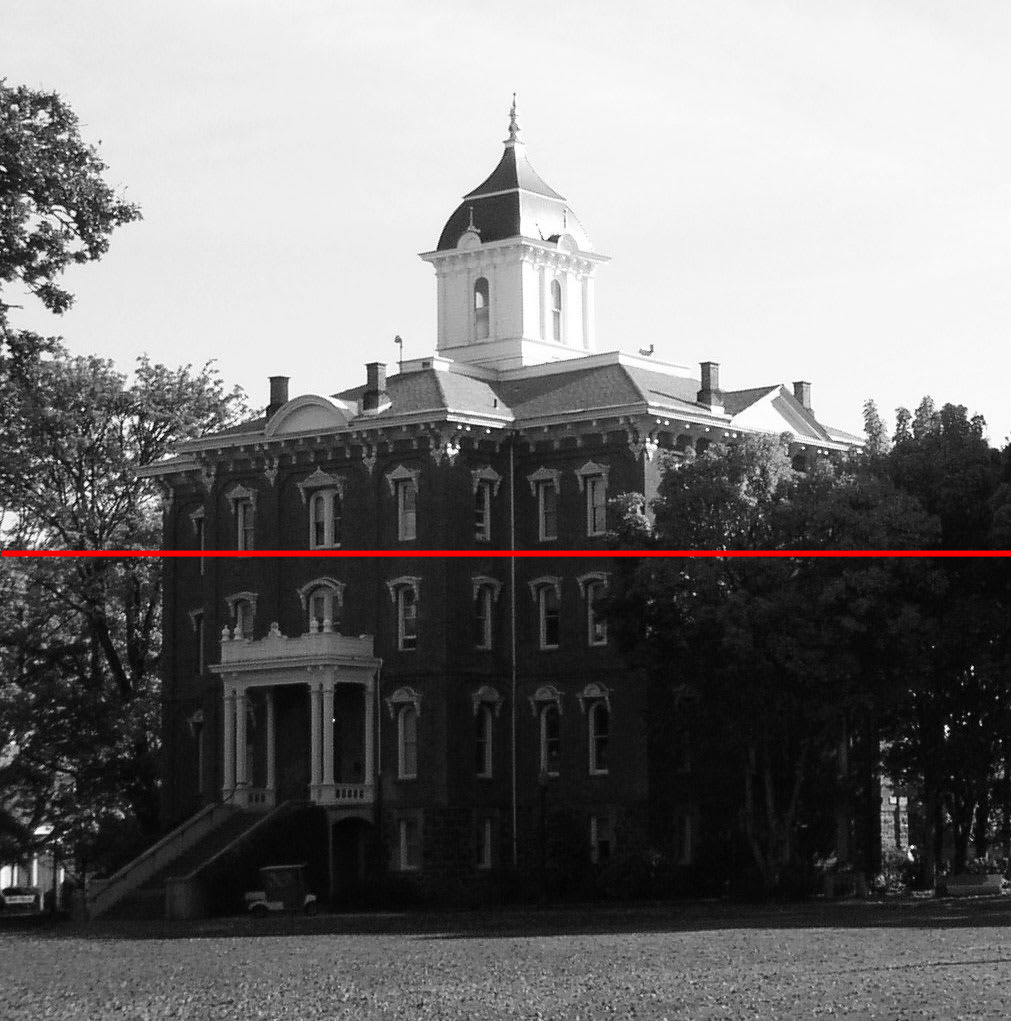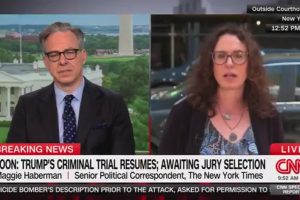Earlier this month, on Linfield’s circumvention of its own faculty handbook’s due process guidelines, the president “said he was unaware of the guidelines, hadn’t seen the most recent version of the faculty handbook, didn’t know who had updated it, and didn’t believe it had been approved by the administration.”
In April 2021, Linfield faculty passed a vote of no confidence in Davis and Baca, and also called for their resignations for having fostered “an intimidating and hostile work environment, harmed members of the Linfield community, and damaged Linfield’s reputation.” (Baca resigned in September 2021.) At the time, Linfield’s actions drew the ire of the American Association of University Professors (AAUP), the Foundation for Individual Rights and Expression (FIRE), student protestors, and more than 1,000 professors who signed a petition decrying the firing as “shooting the messenger.”
In June 2022, the AAUP published an extensive report on the Pollack-Pelzner affair, censuring Linfield for creating “deplorable” conditions for academic freedom and shared faculty governance. Linfield continues to deny wrongdoing on the school’s part.
The administration’s decision to tatter Linfield’s name by repressing criticisms, rather than take accountability for the well-being of the Linfield community, is a brazen instantiation of what political writer Jon Schwarz has coined, “The Iron Law of Institutions”: those at the helm of an institution tend to prioritize maintaining their position of power therein over the good of the institution itself.
One can only hope that Linfield’s costly settlement terms will encourage its administration and others—particularly at private institutions unbeholden to the First Amendment—to address misdeeds rather than muzzle those who draw attention to them.
Yet it’s difficult to regard the settlement as but a single triumph in the face of considerable efforts, arising largely out of Republican-controlled state houses and other public bodies, to chip away at tenure protections and limit faculty’s ability to speak out against their employers.
Take, for example, the dismissal of 33 professors this fall at Emporia State University, a public university in Kansas. There, a pandemic-era “workforce management” framework passed by the Kansas Board of Regents afforded president Ken Hush (a former Koch Industries executive whose shadowy appointment, despite a resume sans higher education experience, has raised some eyebrows) the ability to conduct mass layoffs of tenured faculty.
On Sept. 13, 2022, tenured Emporia State professor Max McCoy criticized Hush’s implementation of the framework in a local newspaper, writing: “I may be fired for writing this”—and, ecce, McCoy was dismissed two days later.
According to the Popular Information newsletter, another firee, Dan Colson, had been a vocal critic of Koch Industries during his 11 years at Emporia State. At a school with overt ties to Koch organizations (see: the school’s “Koch Center for Leadership and Ethics”), tenure protections had previously provided Colson vital intellectual armor.
These firings of long-tenured professors have raised suspicions of retaliatory and ideological motivations, which Emporia has denied (and the AAUP is currently investigating).

Plumb Administration Building & Albert Taylor Hall at Emporia State University.
Photo Illustration by Erin O’Flynn/The Daily Beast/Ethan James Scherrer/Wikimedia Commons
At present, North Dakota’s state legislature is considering a troubling bill that aims to “accelerate workforce development” by giving presidents at two public universities, Bismarck State College and Dickinson State University, greater leeway in firing tenured professors. The legislation has been endorsed by Bismarck State’s president but decried by critics as an “anti-whistleblower bill in disguise.”
Among other fireable actions under the proposed bill, a tenured professor could be axed for “inadvertently harming the institution” by using social media platforms “to disparage campus personnel or the institution.” The legislation would also limit fired professors’ opportunities for recourse, allowing “no complaint, lawsuit or other allegation against a president or other administrator” for exercising their newfound power.
Such developments are truly menacing, considering the direct relationship that exists between professors’ job security and their ability to speak out against their institutions. Note, for instance, how a Linfield professor shared allegations with Pollack-Pelzner yet, as per the AAUP’s June 2022 report, was “reluctant to file a formal complaint” against a board member as she was not yet tenured and remained “acutely conscious that the board had the final say on tenure recommendations.”
As the tenure-track erodes, the stifling fear of retaliation only becomes more commonplace in academia.
But, of course, tenure is already beyond reach for most instructors at U.S. institutions of higher learning. Over three-fifths of university faculty members, a precarious majority employed on contingent appointments, know too well how fears of running afoul of one’s employer engender self-censorship. Problematic legislation is thus just one part of the problem.
Unchallenged, conservative efforts to gut tenure, alongside the mass casualization of the academic workforce, threaten to create an academy in which ever-unaccountable university administrations lord over an ever-docile professoriate. Such trends require steadfast opposition and academic solidarity, lest the courageous likes of Pollack-Pelzner go from endangered species to extinct.



